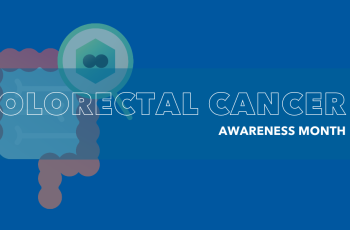This work was supported by Cooperative Agreement #NU58DP007539-01 from the Centers for Disease Control and Prevention (CDC).
Colorectal Cancer
The Community Preventive Services Task Force recommends patient navigation services to increase cancer screenings among underserved populations.
This toolkit is designed to implement evidence-based colorectal cancer screening interventions in rural health clinics.
From the National Colorectal Cancer Roundtable, the 2022 Messaging Guidebook for Black & African American People: Messages to Motivate for Colorectal Cancer Screening is intended to provide information and tools to help you work towards closing disparity gaps by using effective, tailored cancer…
Visit the National LGBT Cancer Network colorectal cancer toolkit microsite for more information on risk reduction, medical providers, as well as tips and information on survivorship.
This webinar provides an overview of the National Colorectal Cancer Roundtable market research findings, and information about: identifying barriers to CRC screening, understanding preferred and trusted sources for receiving healthcare information, and learning which research-tested messages could…
The NCCRT’s Resource Center offers partners the opportunity to identify, select and ultimately adopt evidence-based innovations and tools to increase quality colorectal cancer screening in a range of settings and populations.
These fact sheets address perceptions and practices for colorectal and cervical cancer prevention and control, and colorectal and cervical cancer prevention, in rural health clinics in South Carolina.
Nuestras Voces (Our Voices) Network released a bilingual print and digital InfoCard to remind everyone that is time to get back to screening for cancer prevention.
This toolkit is designed to help our partners implement evidence-based practices when communicating about colorectal cancer. It can also help you plan, implement, and evaluate your social media strategy and make the case for why it is important.
These cards, from the National LGBT Cancer Network, aim to raise awareness about colorectal, breast, lung, and cervical cancer among Spanish-speaking members of the LGBTQ+ community.
